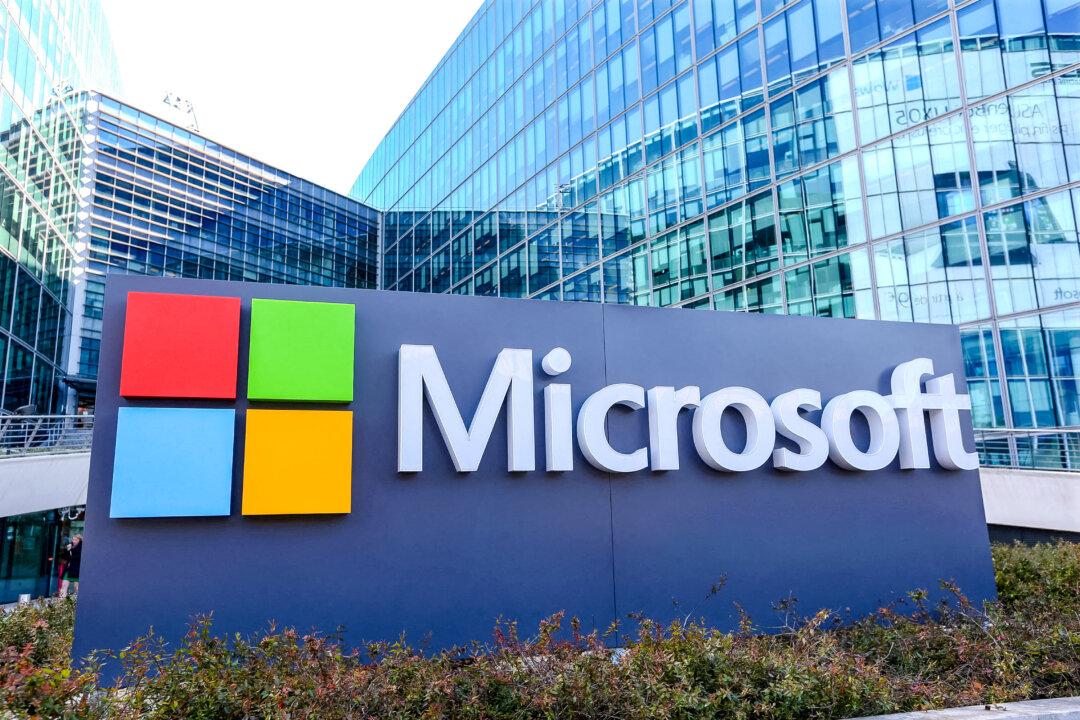Microsoft has agreed to pay $14.4 million to resolve allegations of retaliation and discrimination against workers who took protected leave, including due to pregnancy and disability, according to a California civil rights agency.
The California Civil Rights Department (CRD) announced on July 3 that it had entered into a binding settlement with Microsoft on terms laid out in a proposed consent decree that resolves allegations that Microsoft retaliated and discriminated against workers based on their use of protected leave.





